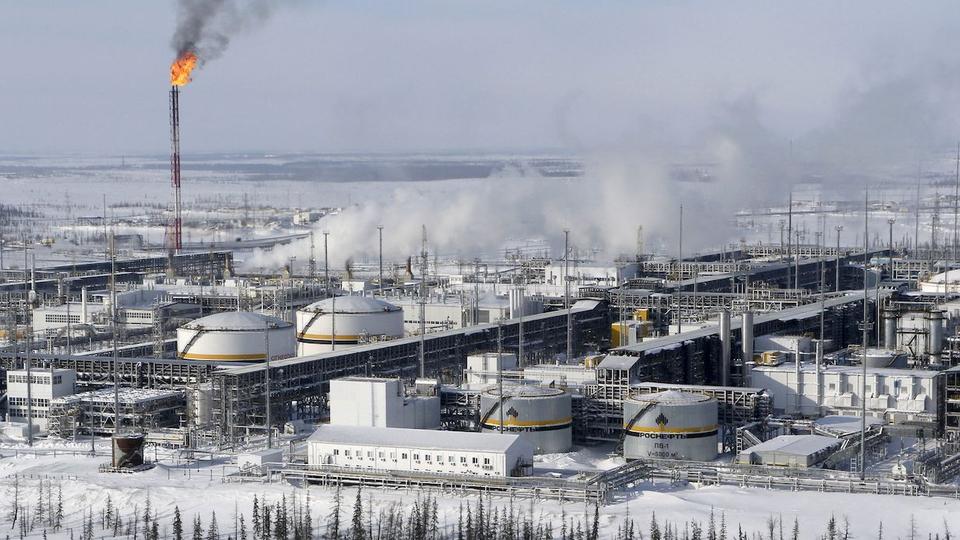Asian stock markets slid and oil prices surged more than $5 per barrel as Russian forces stepped up attacks on Ukrainian cities.
Shanghai, Tokyo, Hong Kong and Seoul declined on Tuesday as President Vladimir Putin’s attack fueled fears of global economic turmoil. Sydney gained.
Wall Street’s benchmark S&P index lost 1.5 percent on Tuesday, deepening a two-month-old skid.
The war is adding to worries about global economic growth in the face of plans by the Federal Reserve and other central banks to fight surging inflation by raising interest rates.
READ MORE: US firms lobby against sanctions on imports of ‘cheap’ Russian uranium
“The conspiracy of geopolitical uncertainty and stagflation-type impulses is a brutal shock,” Tan Boon Heng of Mizuho Bank said in a report.
Investors await more clues about possible rate hikes when Fed Chair Jerome Powell speaks Wednesday before Congress.
Oil prices rise
Oil prices rose despite an agreement by the United States and other major governments in the International Energy Agency to release 60 million barrels from strategic reserves to stabilise supply.
Benchmark US crude jumped another $5.09 to $108.45 per barrel in electronic trading on the New York Mercantile Exchange. It rose $7.69 on Tuesday to $103.41.
Brent crude, the price basis for international oils, gained $5.33 to $110.28 per barrel in London. It soared $7 the previous session to $104.97.
“Markets dismissed the notion that 60 million barrels of strategic reserves released will be consequential to the risks of Russian supply jeopardized,” said Tan of Mizuho. “Russia pumps more than that in just six days.”
READ MORE: West to remove key Russian banks from global SWIFT system in new sanctions
The Nikkei 225 in Tokyo lost 1.7 percent to 26,378.25 and the Shanghai Composite Index shed 0.5 percent to 3,468.56. The Hang Seng in Hong Kong sank 1.1 percent to 22,500.09 and the Kospi in Seoul was off less than 0.1 percent at 2,697.85.
Sydney’s S&P-ASX 200 added 0.3 percent to 7,114.80 after government data showed Australia’s economy grew by 3.4 percent in the final three months of 2021 over the previous quarter and consumer spending was strong.
New Zealand and Singapore declined while Jakarta and Bangkok advanced.
Moscow’s attack on Ukraine and Russian threats of retaliation in response to Western sanctions also have roiled global markets for wheat and other commodities.
Source: TRT

 News6 days ago
News6 days ago
 News5 days ago
News5 days ago
 News6 days ago
News6 days ago
 News6 days ago
News6 days ago
 News5 days ago
News5 days ago
 News5 days ago
News5 days ago
 Business5 days ago
Business5 days ago
 Business6 days ago
Business6 days ago


















